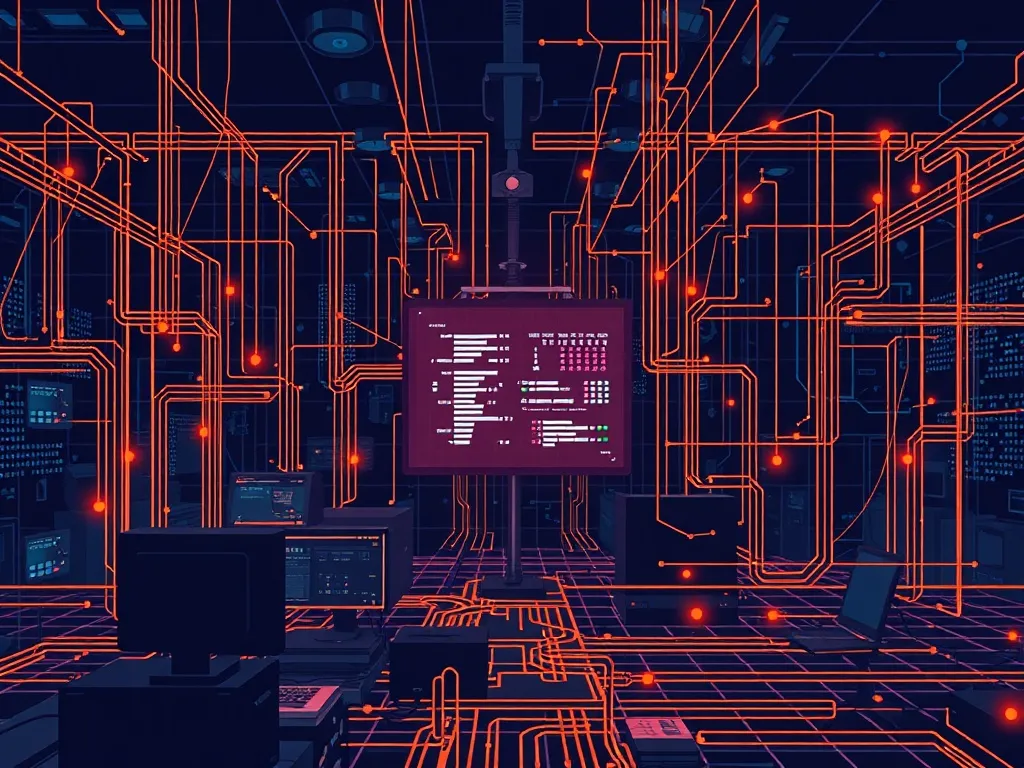your future with Iothic
Iothic is cybersecurity for the 21st century, preventing ever-evolving cyber threats for businesses and governments. Our decentralized real-time authentication and encryption offers an unprecedented advancement designed to eliminate threats and revolutionize network security for your most valuable assets. We prevent attacks before they happen.
Iothic's Advanced Cybersecurity Solutions
At Iothic, we offer groundbreaking cybersecurity innovation designed to eliminate threats and revolutionize network security. Our solutions leverage global cybersecurity standards and re-engineered security protocols to protect your most valuable assets in real time.
Fully Decentralized Authentication
Enhance security by eliminating single points of failure and reducing the risk of data breaches.
Quantum and AI Resistant Frameworks
Future-proof your cybersecurity strategy against quantum threats and maintain data integrity.
Key Benefits of Choosing Iothic for Your Cybersecurity Needs
Enhanced Security
Future-Proofing
Stay ahead of AI and quantum threats and maintain full control of your security
Industries We Serve with Cutting-Edge Cybersecurity Solutions

Commercial Services

Government Solutions

Healthcare Data Protection
Success Stories
Real-World Impact
5G Networks
Iothic successfully partnering with the several clients deploying 5G networks to significantly enhance their cybersecurity infrastructure. As part of this collaboration, the clients are implementing a comprehensive decentralized zero-trust strategy with Iothic technology as the underlying cybersecurity protocol, which ultimately led to a substantial reduction in security incidents and improved overall security posture.
- Client: Confidential
- Date: November 2024
- Outcome: Reduced security incidents

Financial Services
We are collaborating with several of the world’s largest financial institutions to enhance their security protocols, integrating quantum-resistant frameworks that improved compliance and customer trust.
- Client: US and Canadian Financial Institutions; CEXs
- Date: September 2024
- Outcome: Improved compliance and significant cost savings

Securing Cloud Infrastructure
Iothic’s groundbreaking cybersecurity innovations are meticulously designed to prevent businesses from constantly evolving threats before the occur, thereby ensuring a robust sense of safety and trust for all stakeholders involved.
- Decentralized Authentication and Encyption
- Quantum-Resistant Frameworks
- Zero-Trust

Key Features of Iothic's Cybersecurity Solutions for Ultimate Network Protection
Real-Time
Zero-Trust
Get in Touch
Contact Us
Email Us
For inquiries, please email us at info@iothic.io. We respond promptly to all messages.
Call Us
You can reach us by phone at +1 (202) 717-9185. Our team is available to assist you.
Visit Us
We are in NYC, DC, London most of the time if you are in any of the cities we are happy to meet you.
